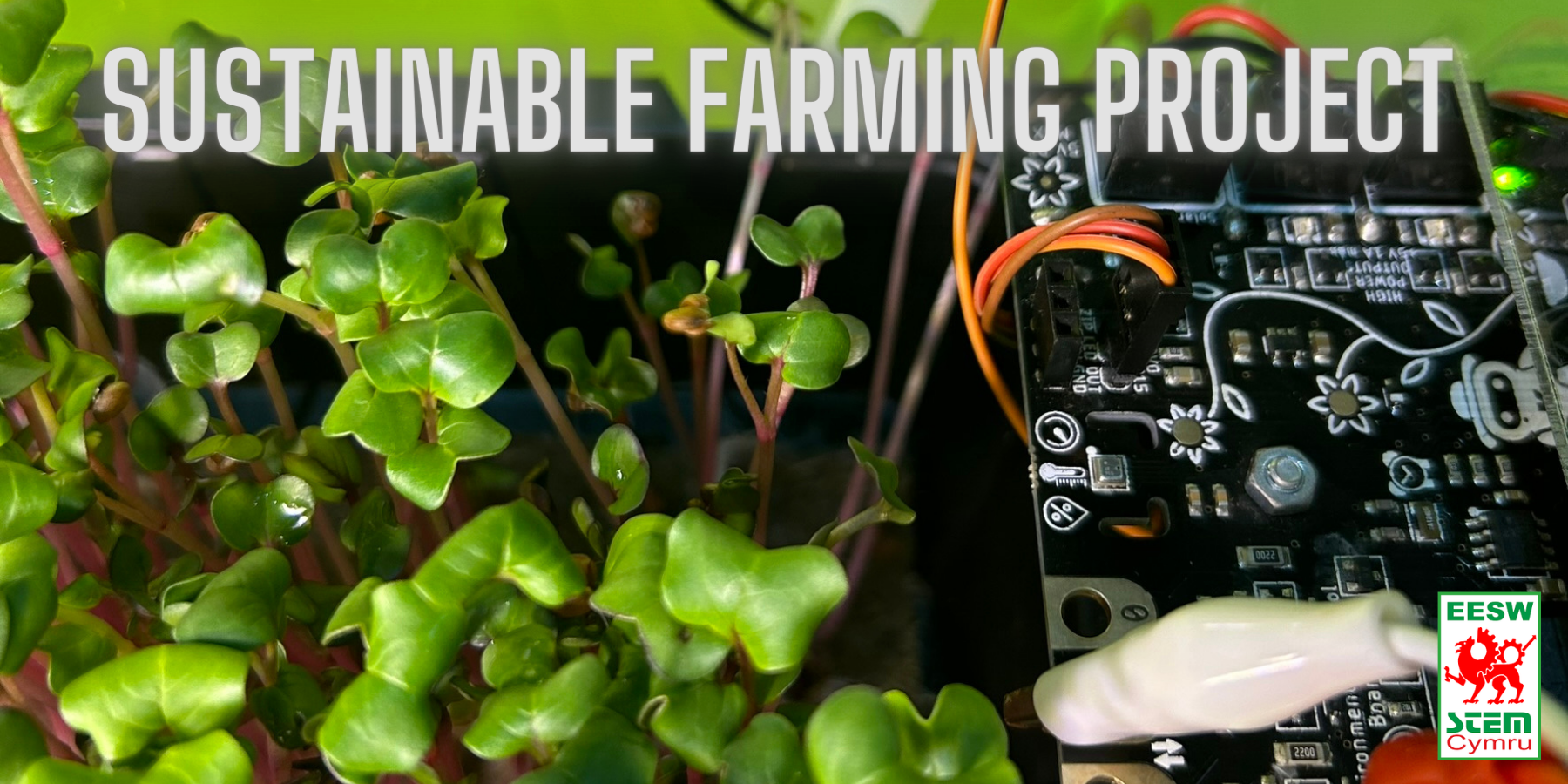
EESW will launch the project with a half day introductory workshop. Each class resource kit provides everything teams of 5 or 6 pupils need to set up their own micro:farm and grow a crop of microgreens – including a micro:bit, environmental control components, a flat pack indoor greenhouse and a growing kit for either traditional soil planting or basic hydroponic techniques.
During the workshop all pupils complete a micro:bit coding activity before then being assigned team roles and assuming responsibility for different aspects of the greenhouse assembly phase of the project that also encourage them to think about how their skills might correspond to future STEM related career opportunities. The greenhouses will be ready for planting following the introductory workshop. Pupils can then plant their crop and oversee the growing cycle, before taste testing their produce 7 to 10 days later. Projects can be completed in two weeks or we can offer a longer 4 to 6 week kit loan that allows for more than one growing cycle and the potential for more teacher or pupil led investigation, analysis and even competition.
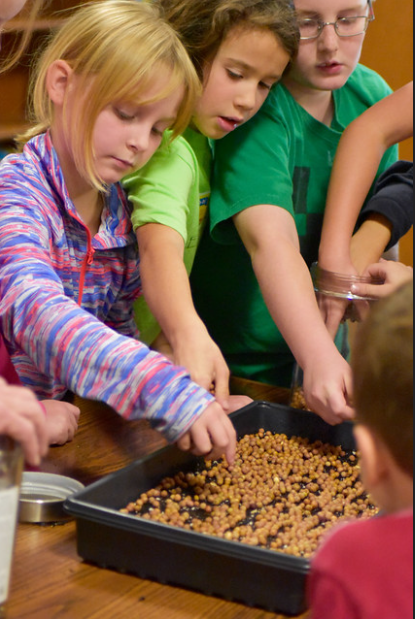
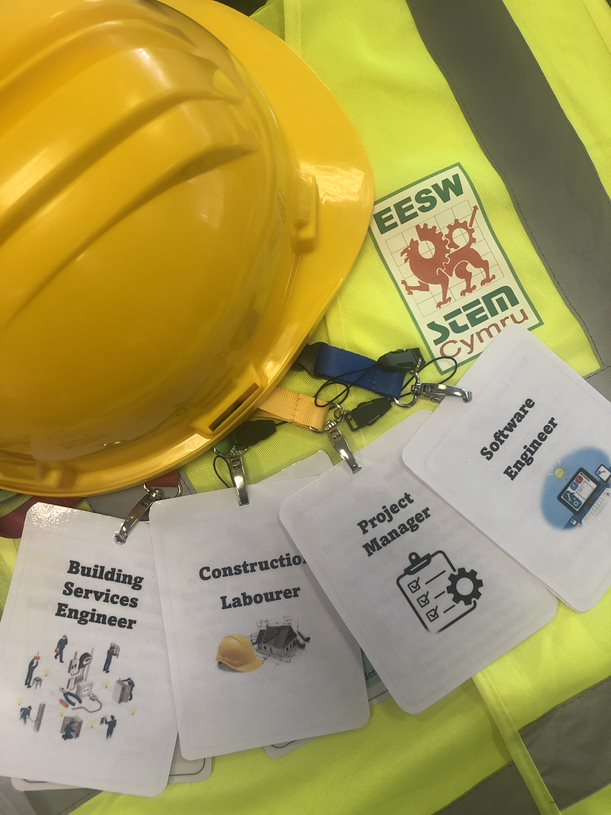
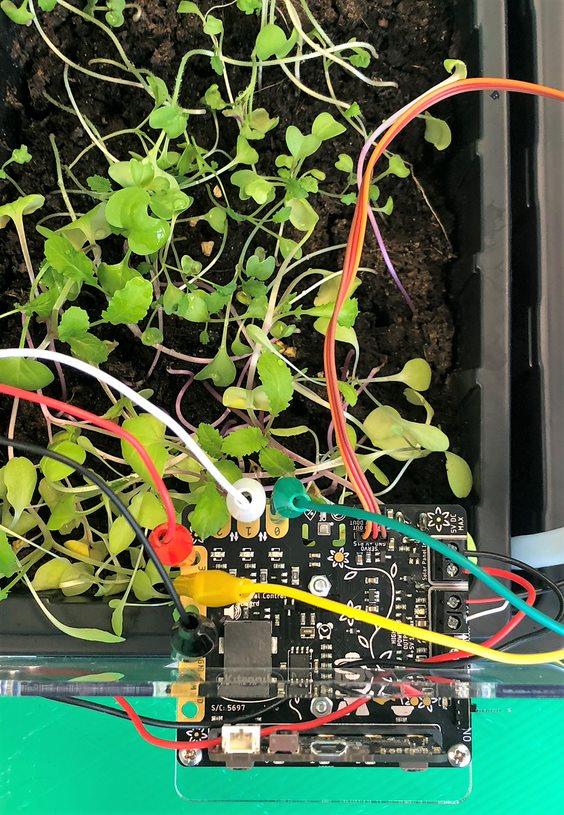
The supporting presentations and resources predominantly targeted at Progression Step 3 consider sustainability through urban farming and controlled environment farming – bringing food production into urban communities, reducing food miles and reconnecting consumers with the supply of food.
Our partnership with The Royal Society of Chemistry also allows opportunity for pupils to explore the chemical changes that happen during plant growth and to carry out acidity tests on the soil as they look to provide optimal growing conditions for their crop.
We can offer this activity delivered at your school charged at £795 per class.
At Progression Step 4 the project is rooted in the impact prevailing farming methods are having on biodiversity in Wales.
The demands of the project and the opportunities for extension to PS4 come from an increased emphasis on data collection and the opportunity for data analysis.
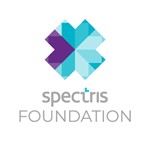
“It was really engaging. Different to anything we would be able to offer in school. They loved having different roles and being involved in all areas of the project - nothing was done for them.”
Year 5 teacher, Newport
“Covered so many areas of the new curriculum in a really authentic, purposeful and engaging way. The learning was really current and relevant to the modern world, children loved the whole process from research, to build, to growing.”
Year 6 teacher, Cwmbran
“The variety of experiences kept the children stimulated throughout. The project covered many aspects of the curriculum and was well presented to keep the children engaged. We would definitely do it again!”
Year 6 teacher, Penarth